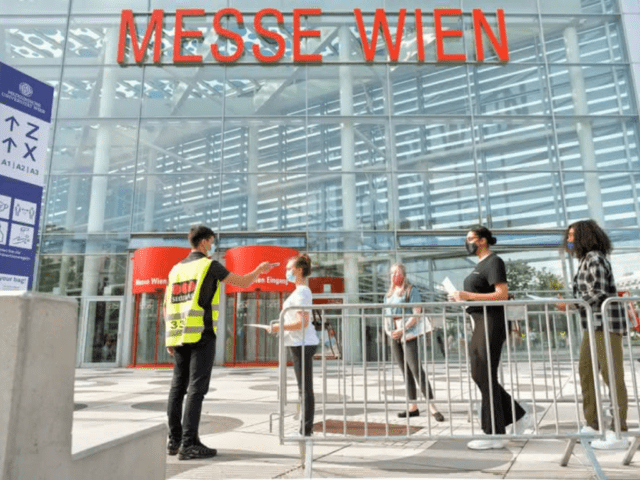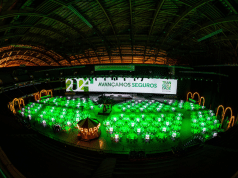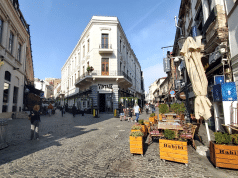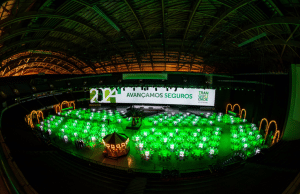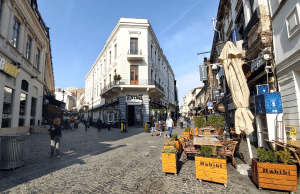"We showed how it's done"
The fascination with medicine continues unabated for many students, as does Vienna’s appeal for this course of study throughout the German-speaking region. Despite coronavirus, the medical studies entrance exam passed without a hitch in the middle of August. And all thanks to extensive safety precautions. The concept could become a blueprint for other major events.
It was like all previous years and yet different. The medical entrance exam (MedAT) got the pulse of thousands of youngsters racing again this year. It has to be passed if you want to study at the Medical University of Vienna, which has an international reputation.
MedAT is considered to be one of the toughest entrance exams in the German-speaking region. The fact it was held despite coronavirus is thanks to a sophisticated safety concept. Never before did applicants have to comply so meticulously with extensive safety requirements: face covering, hygiene rules and the greatest possible distance.
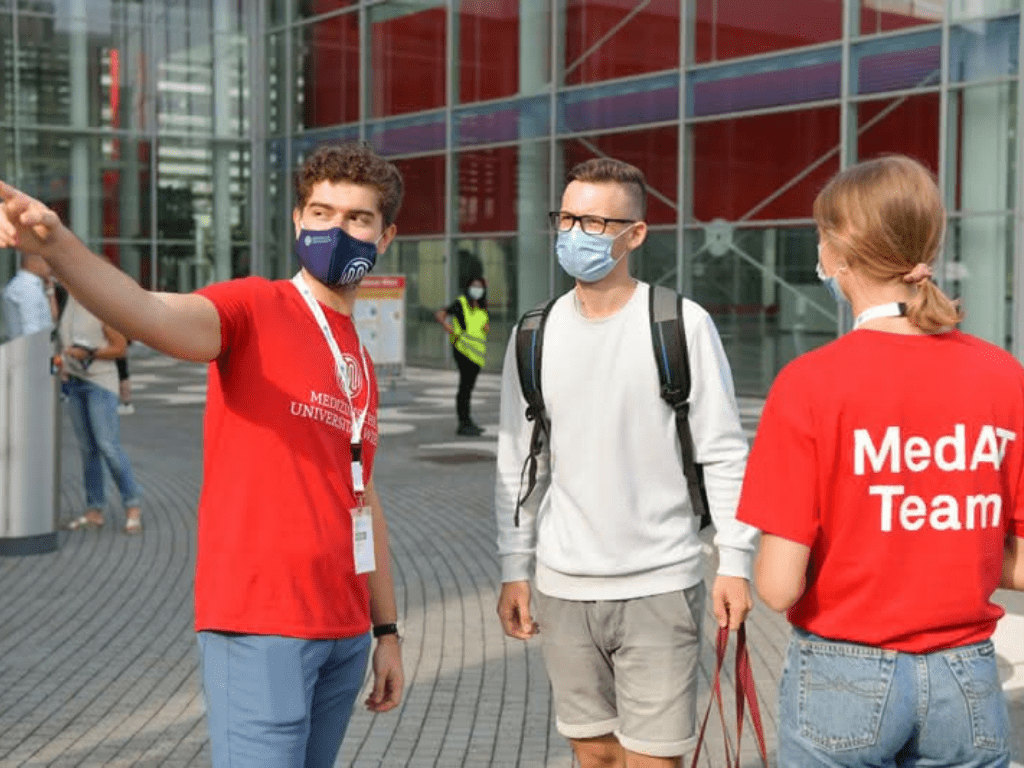
Sophisticated safety and prevention concept
Particularly challenged was the Medical University (MedUni) of Vienna itself. For the first time, and because of coronavirus, the largest educational institution in Austria allowed budding medical practitioners to sit the exam at two different locations on August 14: applicants from Germany, Salzburg, Tyrol (including South Tyrol), Vorarlberg and Upper Austria demonstrated their medical knowledge at the Messezentrum Salzburg exhibition centre. Candidates from all other Austrian provinces, other EU countries, non-EU countries and all those with an interest in dentistry were grilled at Messe Wien.
The exam, on the basis of which the sought-after study places are awarded, was originally to have taken place on July 3. Due to the coronavirus pandemic, it was put back to August 14. Of the 8,217 confirmed applicants for a place to study medicine in Vienna, 6,116 people actually sat the exam. Of these, 4,362 did so at Messe Wien, which was hired for the event.
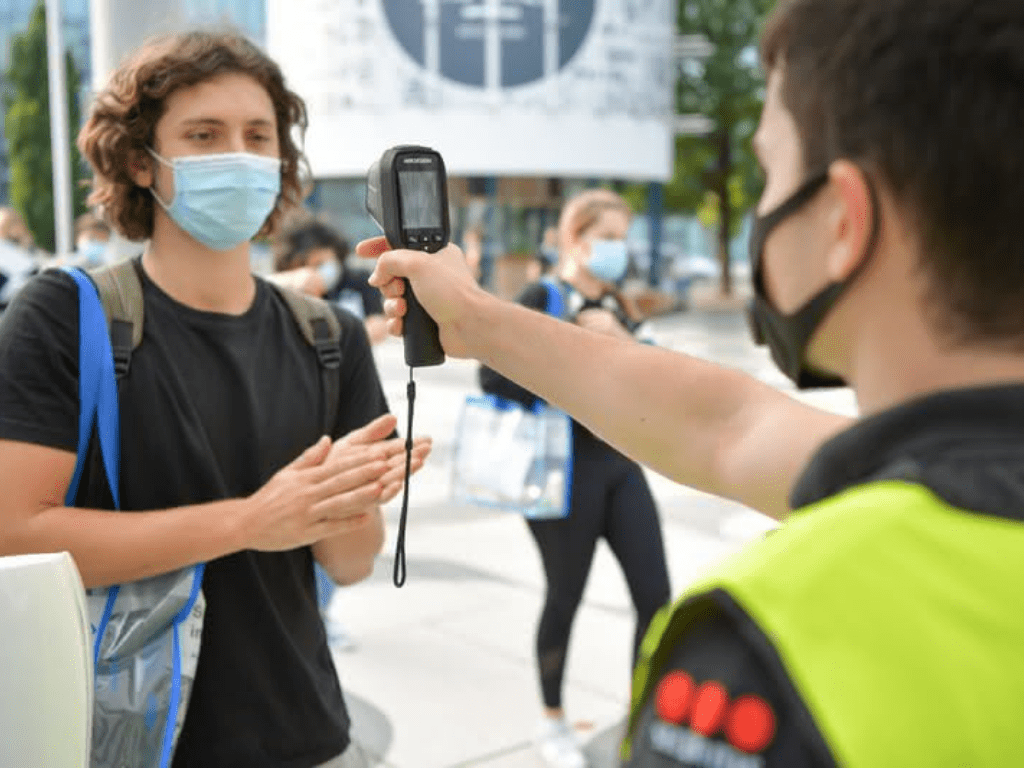
Temperature measurement and extra rooms
Aaron Schwaiger is one of them. “There was much more security staff than last year,” he says. Unlike during the 2019 exam, nobody was allowed to leave the exhibition hall. Applicants even had to eat in the place assigned to them for sitting the exam.
Schwaiger applied for the first time in 2019 and was able to make a comparison. “I didn’t prepare myself enough,” he says today, self-critically. However, quitting the second exam because of the complicated conditions was never an issue: “I had prepared myself for it too well and too long.” Schwaiger is confident of securing one of the 740 sought-after places to study in Vienna. Having done his civilian service at Johanniter International, he noticed how good it is to help people. “It’s what drives me,” he says.
The site could only be entered and left during an allocated time window. Everyone’s temperature was measured without contact at the entrance. Keeping one’s distance, disinfecting hands, and wearing a face-covering away from one’s seat (personalized, like every year) were mandatory. For members of risk groups, there were also extra rooms with even larger distances and their own entry times.


